Foods To Avoid That Cause Bloating
As so many individuals know, some foods cause them to bloat even if they do not affect others. It does not matter that these foods are excellent sources of vitamins, minerals, and other nutrients. When the individual eats them, their bellies expand, and they feel uncomfortable and queasy. Indeed, some individuals are more than merely uncomfortable and feel surprisingly bad stomach cramps. They may have belching, flatulence, or feel they need to have a bowel movement right away. Doctors believe this sort of bloating happens because the body finds it hard to process certain sugars or fiber. The good news is bloating caused by the diet is benign, and it is possible to find alternatives for those problematic foods. Get to know the most common foods that result in bloating now.
Beans And Lentils
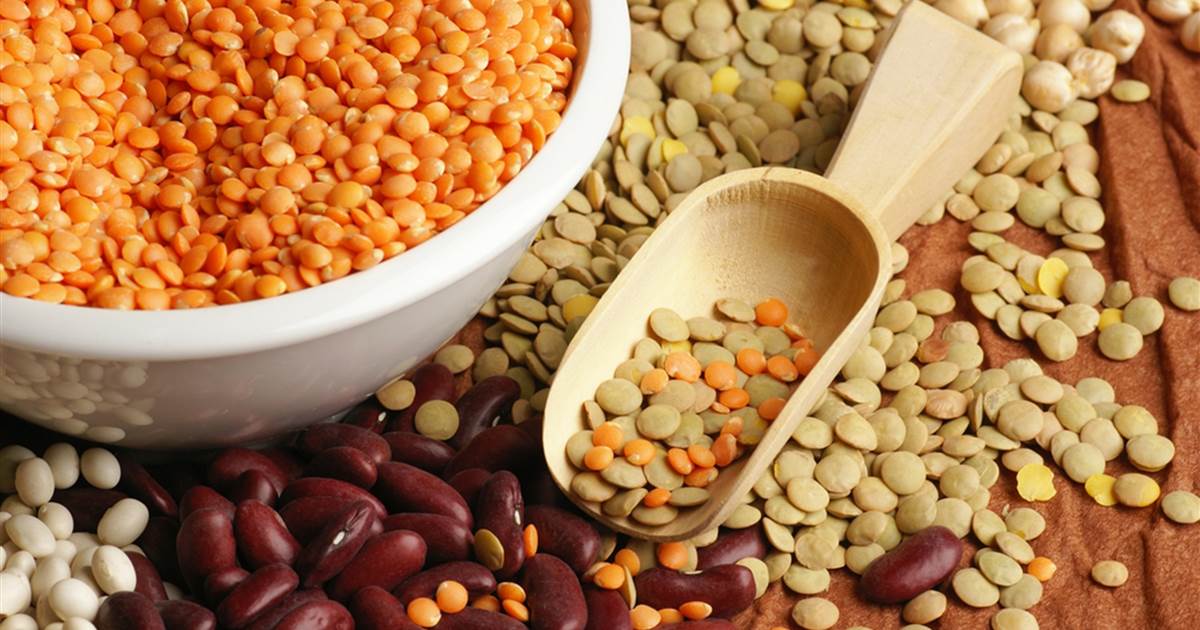
Beans and lentils are notorious for causing bloating in some individuals. Ironically, it is because they are high in certain nutrients such as fiber and carbohydrates that cause the problem. Lentils and beans have both soluble and insoluble fiber. These types of fiber support the health of both the cardiovascular system and the gastrointestinal tract. But it is fiber the digestive systems of some individuals find hard to deal with. Beans and lentils also have oligosaccharides, which are carbohydrates made up of chains of monosaccharides. The body doesn’t digest oligosaccharides, but they enter the large intestine, add bulk to stool, and help certain types of beneficial bacteria. They are taken to ease constipation and can contribute to gas, bloating, flatulence, and a growling stomach.
Keep reading to reveal the next food to avoid due to bloating.
Carbonated Drinks
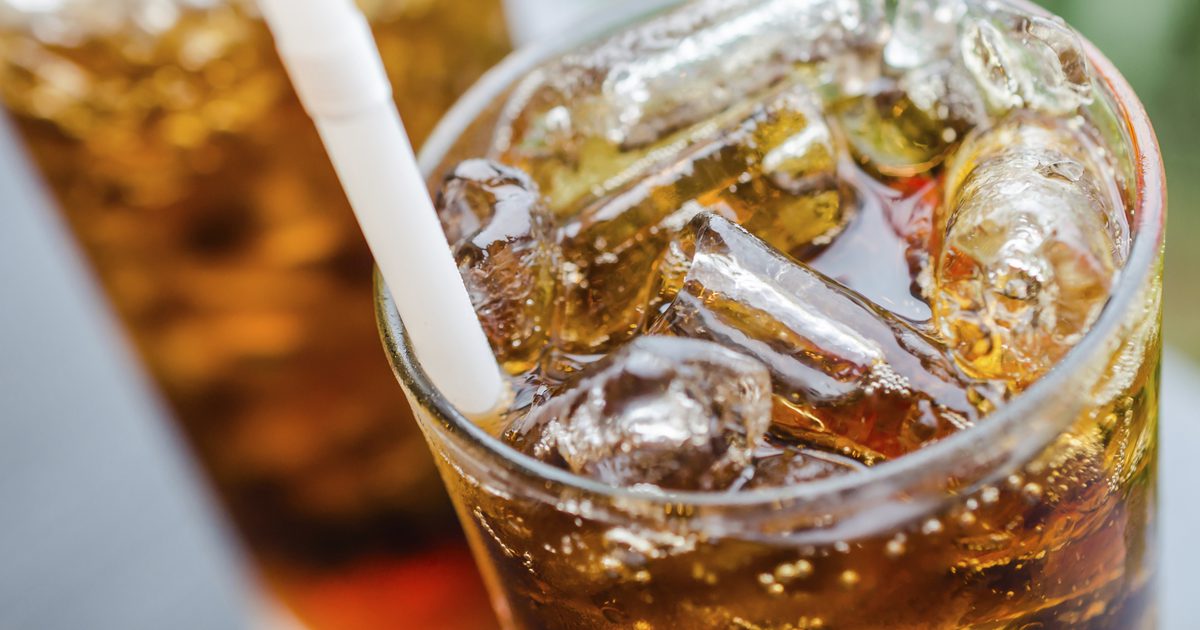
It is no wonder that carbonated beverages can cause bloating in some individuals, as they already come with carbon dioxide gas. This makes them fizzy and fun to drink, but the gas goes straight to the gastrointestinal tract and causes bloating. The sugar found in many carbonated drinks can also cause bloating in some individuals and lead to more serious health problems. Alternatives to carbonated drinks include fruit and vegetable juices and tea. Milk is even a good substitute for individuals who aren’t lactose intolerant. Seltzer water is carbonated water, but it lacks the sugar and minerals. Some health experts recommend it for individuals who want the fizz without the bad consequences. Another alternative, plain, fresh, clean water is always a good choice as well.
Continue to learn about more common foods that result in bloating.
Cruciferous Vegetables
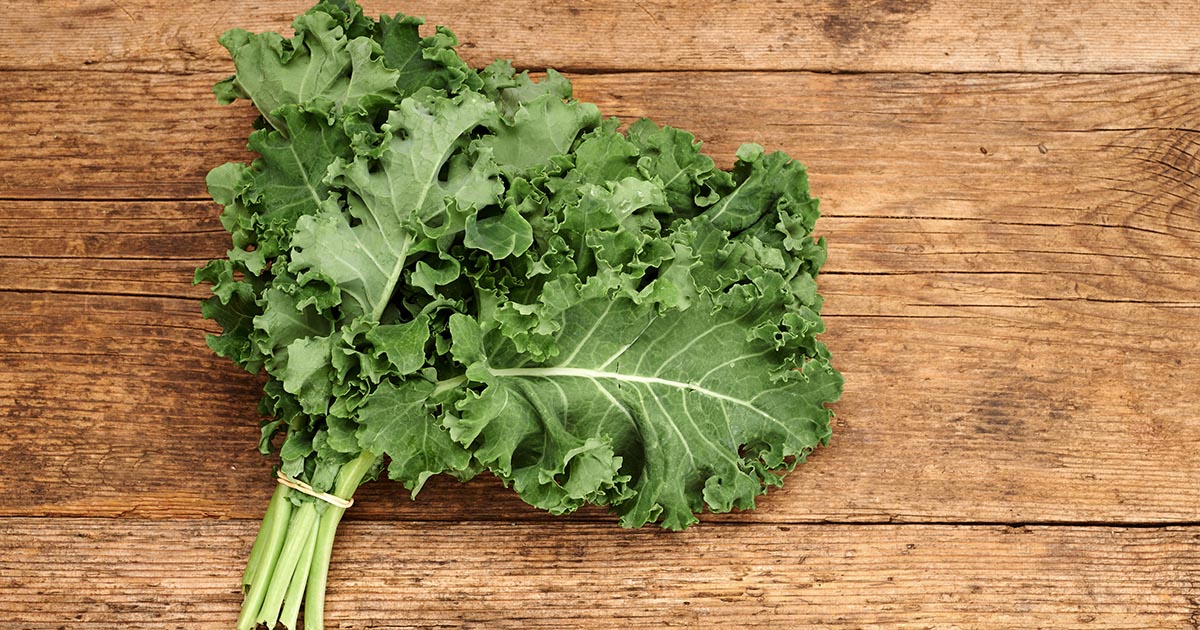
Cruciferous vegetables are known by their strong smell when they’re being cooked. Indeed, some individuals find the smell off-putting even before they start to eat. Cruciferous vegetables include cabbages, collard greens, kale, broccoli, bok choy, turnips, mustard greens, arugula, radishes, and watercress. These are some of the healthiest foods known and are rich in fiber, like beans. However, they can cause misery in some individuals. Eating them raw as crudités or in salads worsens bloating, and symptoms ease a bit when they are cooked. Substitutes for cruciferous vegetables include celery, sweet potatoes, zucchini, and even spinach, which looks like a cruciferous vegetable but isn’t.
Keep reading to reveal the next common food that causes bloating.
Wheat And Other Foods Containing Gluten
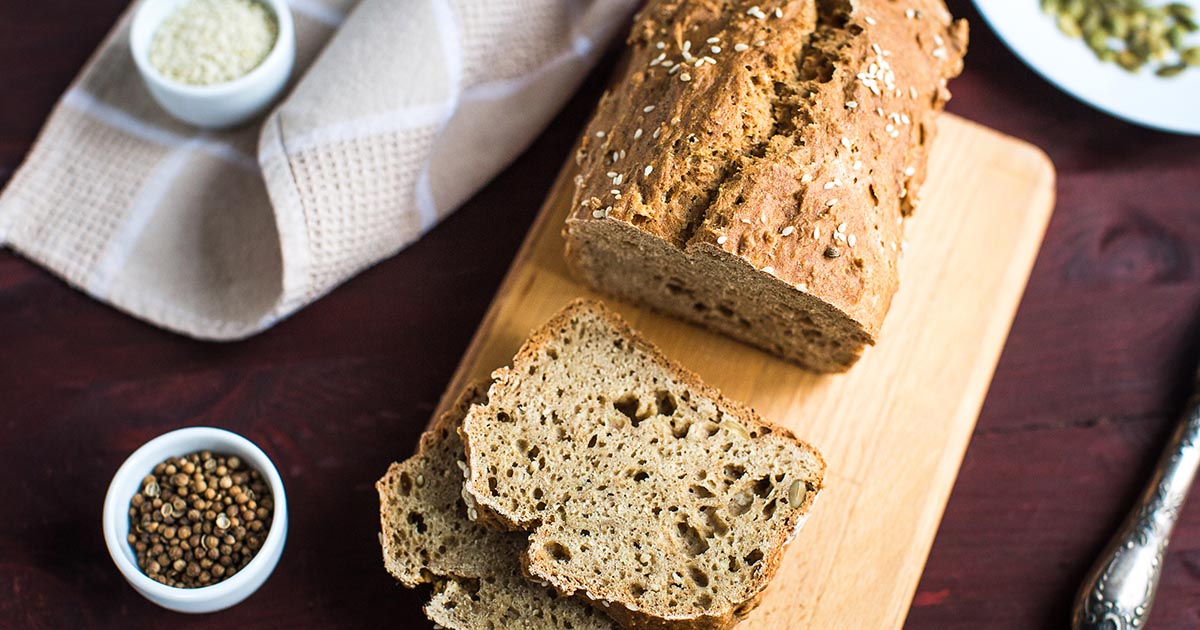
Gluten is a type of protein that can cause bloating. Some individuals are unusually sensitive to gluten and those who cannot tolerate it at all. These individuals suffer from a condition called celiac disease, which causes the body to have an immune reaction to wheat and other foods containing gluten. The reaction is so severe that it damages the intestines and impairs an individual’s ability to absorb any nutrients. Most patients who experience bloating after they’ve had a slice of bread or baked goods do not have celiac disease, but they still seek alternatives to wheat in grains such as oats, wild rice, quinoa, and buckwheat. They can also turn to flour made of almonds or coconuts.
Learn more about the foods that commonly result in bloating now.
Dairy Products
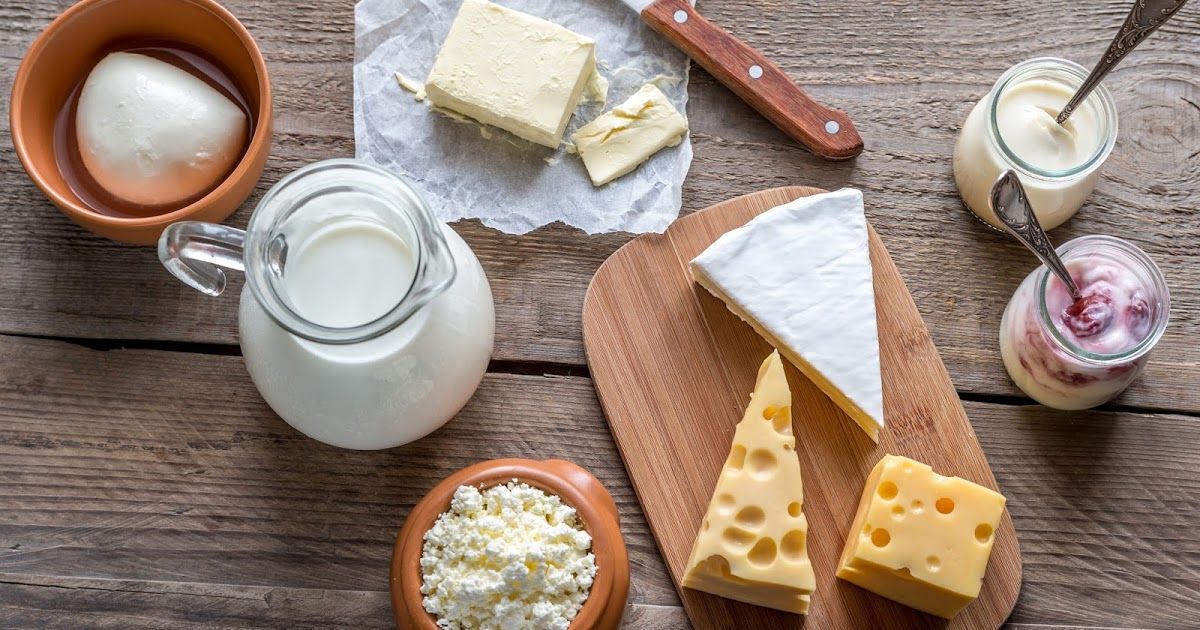
It’s estimated the bodies of about seventy-five percent of individuals all over the world can’t digest lactose, a type of sugar found in milk. This is because the enzyme lactase that allowed them to digest milk when they were babies no longer functions correctly or isn't present in their bodies in sufficient quantities. The results for many of these individuals are bloating, cramps, loose stools, and gas when they drink milk or other dairy products. The good news is a good number of these patients can still enjoy some dairy products such as cheese, yogurt, and sour cream as long as they are in small doses. Other individuals who still want to drink milk have the alternative of buying lactose-free milk or milk alternatives made of soy or almonds.
Read more about foods that cause bloating now.
Apples
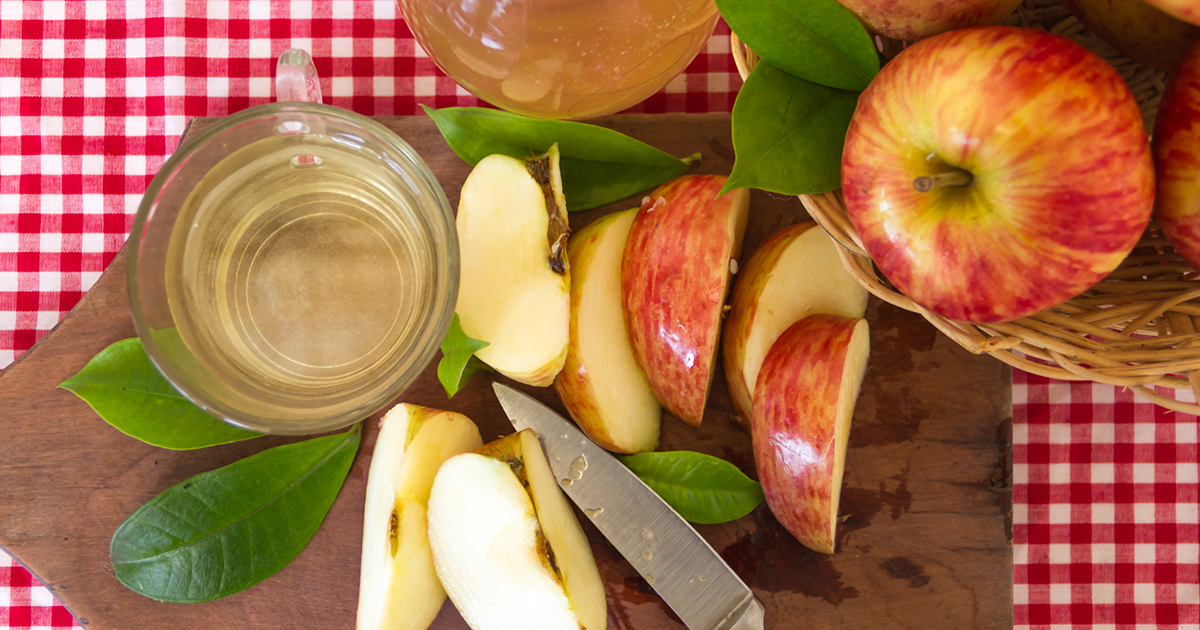
It’s a fruit as infamous for being forbidden as it is hailed for keeping the doctor away. If individuals suffer from chronic digestive issues like irritable bowel syndrome or fructose malabsorption, they may want to keep this fruit on the forbidden list. The FODMAP diet, which was designed by Australian researchers to help treat irritable bowel syndrome, represents food sources on a level of how easy they are to digest. The apple is a high FODMAP because it attracts extra fluids to the digestive tract, which results in bloating. On the other hand, the high fiber content can dehydrate sensitive digestive systems, especially if eaten raw and in excess.
While fiber is necessary for metabolism, absorption, and movement, too much can slow all the above by drying out the intestinal mucous membranes. The result can be a painfully distended abdomen. This fruit is also very high in fructose, which can’t be fully absorbed by the bloodstream. The free fructose enters the bowels to be consumed by bacteria. The byproduct of this process is methane and hydrogen gas that distends and upsets the stomach.
Continue reading to reveal move foods that cause bloating now.
Onions
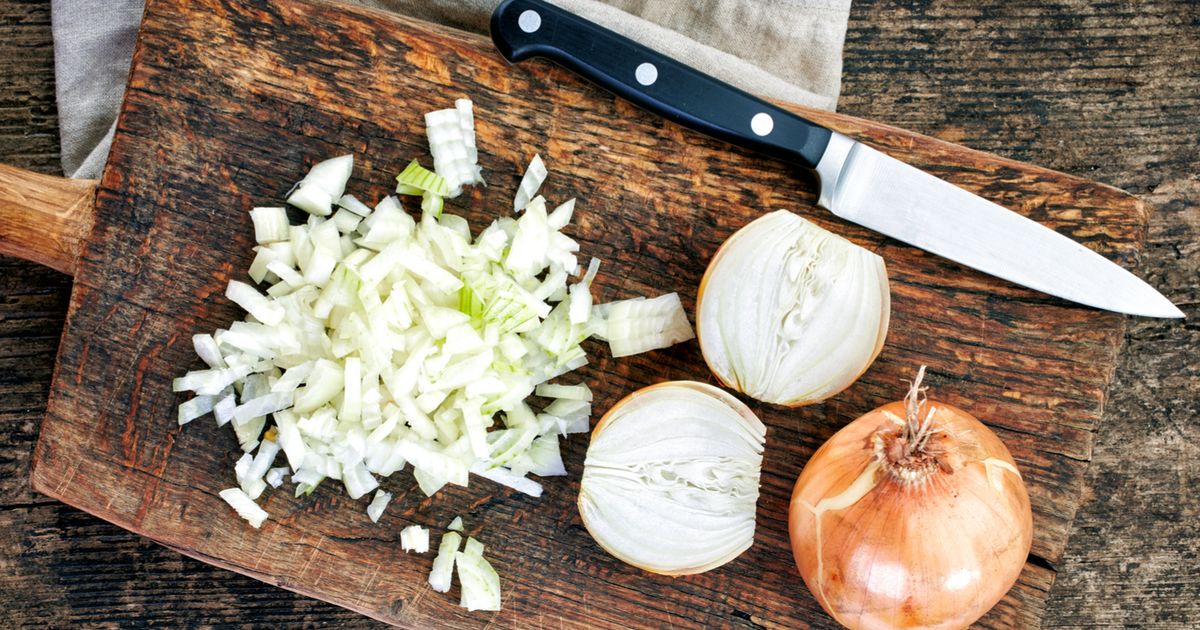
The onion is one of those staple food ingredients found in a plethora of raw and cooked dishes. It’s another high FODMAP that can create bloating. Aside from being a natural gas-producing food, it can wreak havoc for individuals with reflux due to the pressure it creates in the gut. This pressure forces the sphincter open and allows foods and acids to travel back up the esophagus. Fructans are a type of carbohydrate made up of chains of fructose, and onion is full of it. The small intestine is limited in digesting fructans. Like with apples, the onion’s fructans go on to the large intestine to be broken down by bacteria and create a gaseous buildup. Food sensitivities to fructans are actually quite commonly confused with gluten intolerances. If individuals are trying to figure out if bloating is related to gluten or fructans, eliminate all dietary fructans for at least two weeks. If that eliminates symptoms, individuals can add back non-wheat fructans to see if symptoms return, which would signal a fructan, not wheat, intolerance.
Get more details on what foods to avoid due to bloating now.
Garlic
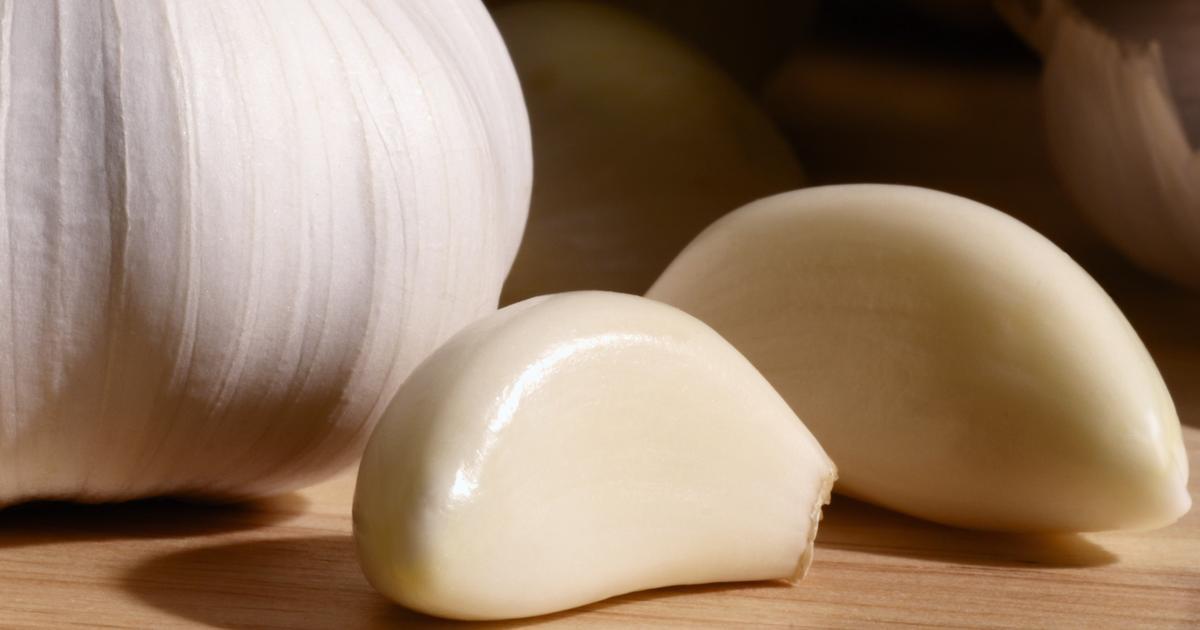
From lowering cholesterol and blood pressure to nourishing the skin and hair, garlic has many health benefits, and nutritionists most often recommend eating it raw to take full advantage of its antioxidant properties. However, eating garlic cloves raw can be quite problematic for intolerant bellies and allergies. This is particularly true with copious amounts and eating it on an empty stomach. While it’s not high in fiber, it is high in fructans and starch. This makes it poorly absorbed in the small intestines and highly gaseous. It’s also a smelly kind of gaseous bloating due to the sulfur compounds in the cloves. Individuals can reduce the odor by drying or cooking it to deactivate some of the sulfur compounds, but do keep in mind this doesn’t destroy the gaseous oligosaccharides.
Continue to reveal more foods that often result in bloating now.
Barley And Rye
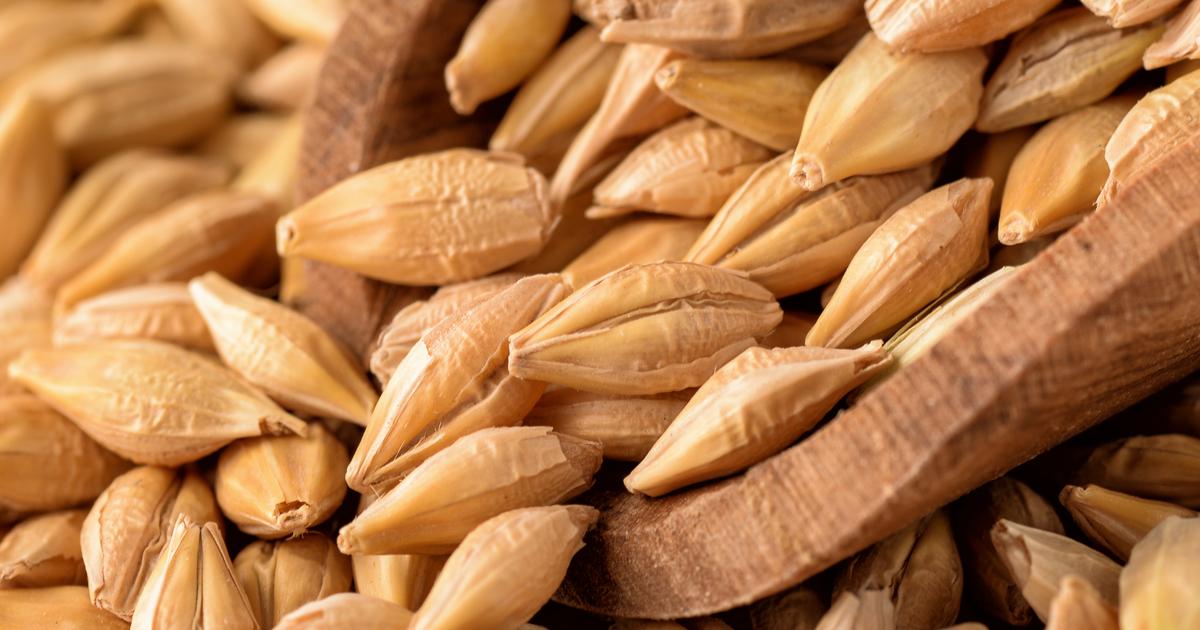
Barley and rye are often deemed superfoods for their nutritional complexities, and they’re common ingredients in everything from beer to bread and cereals. Part of the success of a raw food diet, which often includes staples like barley and rye, is that it leaves individuals feeling full and satisfied due to the slow speed at which such foods are digested. Great for losing weight, but it’s not so great if that sluggish digestion leaves an individual feeling bloated and miserable. As a gluten plant protein, rye can cause bloating for anyone with a gluten allergy or intolerance. Barley’s high fiber content also makes it a potentially gaseous food choice. If individuals don’t have an allergy or intolerance, such as celiac disease, they can minimize the bloating effects by limiting their portions, only introducing one high-fiber food into their diet each week as to give their digestive system time to adapt, and drinking plenty of water. Otherwise, individuals may want to look at alternatives such as wild, black, or red rice.
Discover additional foods that cause bloating now.
Artificial Sweeteners
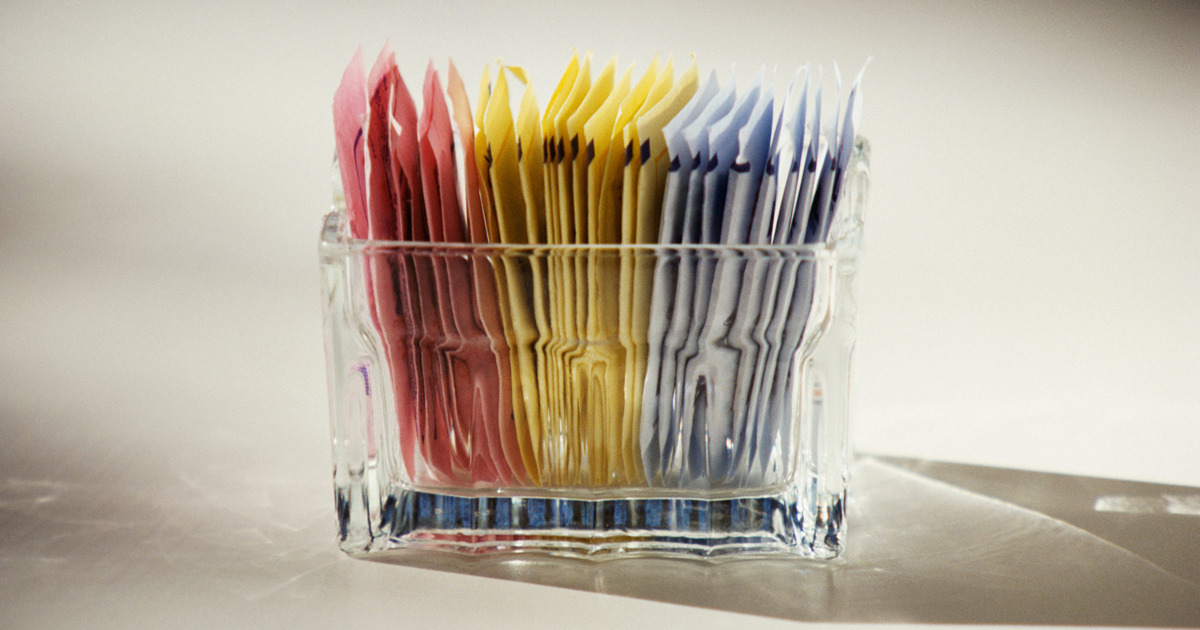
Many newly-diagnosed diabetes patients and weight-loss dieters find themselves in a world of belly hurt when they switch over to food choices sweetened with synthetic sugar substitutes. Studies have shown artificial sweeteners, such as maltodextrin and sucralose, cause gut inflammation, particularly in those with digestive diseases like irritable bowel syndrome and Crohn’s disease because these sugars raise Proteobacteria and myeloperoxidase enzymes. Did you know that sugar alcohols are able to delay the insulin response because they’re slowly and incompletely digested by the body? This is great for diabetes, but not so great for bloating, diarrhea, and stomach cramps. In a nutshell, the body doesn’t know what to do with these foreign chemical compounds, and the result is digestive upset.
